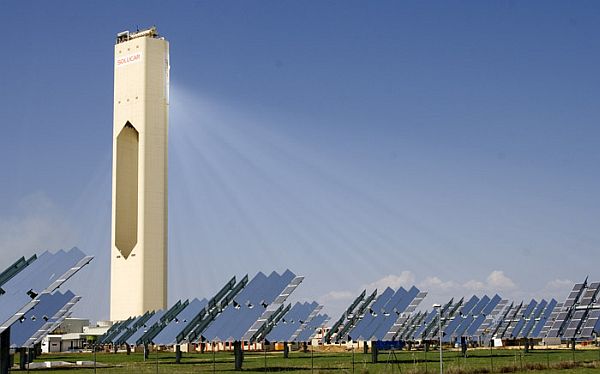
Italy has achieved its solar power target of 8GW, set to be achieved by the year 2020, much before the stipulated time and has revised its target to 30GW as told by chief executive officer of Enel, the largest power company in Italy and the second largest utility listed in Europe by installed capacity.
Fulvio Conti, CEO of Enel, said “As on June 30, we have already exceeded a national target of 8 gigawatts (GW), going ahead at the same pace, we can estimate that we can arrive at 30 GW in 2020”. Italy imports almost 87 percent of its electricity due to dearth of energy resources and so to become self-sufficient it has to focus on renewable resources of energy particularly solar energy as it receives sunlight in abundance. Thus, government started promoting solar power through various provisions introduced in 2007. Various incentives were introduced the most important of which was feed-in-tariff.
Feed-In-Tariff
A feed-in-tariff is a policy mechanism to push for the growth in renewable energy sector. Feed-in-tariff provides monetary benefits to energy producers which makes it a better option for investors. It also offers long term contracts to provide the sufficient time to get back the money invested. Italy’s FiT in 2007 was 0.49 EUR per kilowatt hour and it was decided in 2011 to decrease FiT in phases.
Solar Market Expanding
Italy’s solar market is expanding rapidly with Enel and sharp planning to build more production plants. SunPower Corp. has also acquired SunRay Renewable energy in 2010 mainly because of its strong presence in Italy’s solar market.The Gestore Servizi Energetici, Italy’s energy management agency, had said earlier that there are 150,000 plants in Italy and the number is increasing quite significantly. Sharp has reached an agreement with Enel and ST Microelectronics to produce photovoltaic modules with a capacity of 160MW from; a new plant.
Future
The Italian solar industry is surely moving toward grid parity, the point where cost of generating solar power is at least same as cost of production of fossil fuel. This has been confirmed in a study by European Photovoltaic Industry Assosciation (EPIA). Soon, incentives will be cut down as has already been done by Germany, the only solar market that is larger than Italy. Reduction in incentives will not affect the solar market much as there will be huge demand for solar power soon and companies may start to run in profits without incentives.
With rising fuel prices, problems in importing fuel due to jasmine revolution in gulf countries, and hazards associated with nuclear energy as seen in Fukushima nuclear plant in Japan, solar energy is surely the way forward, especially for countries like Italy and Germany who receive sunlight in abundance.
Via: Reuters




